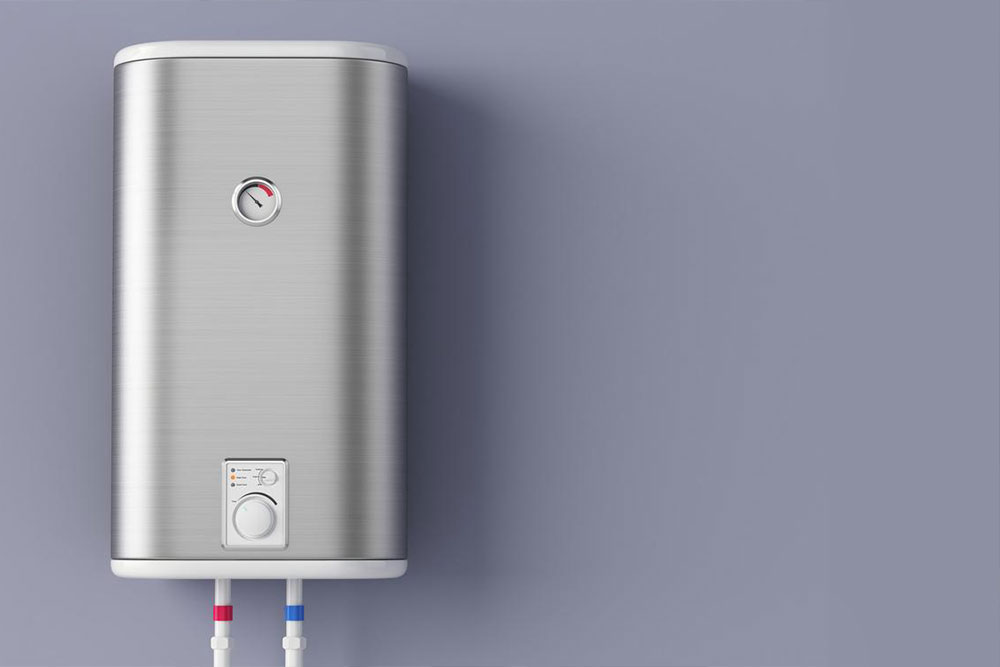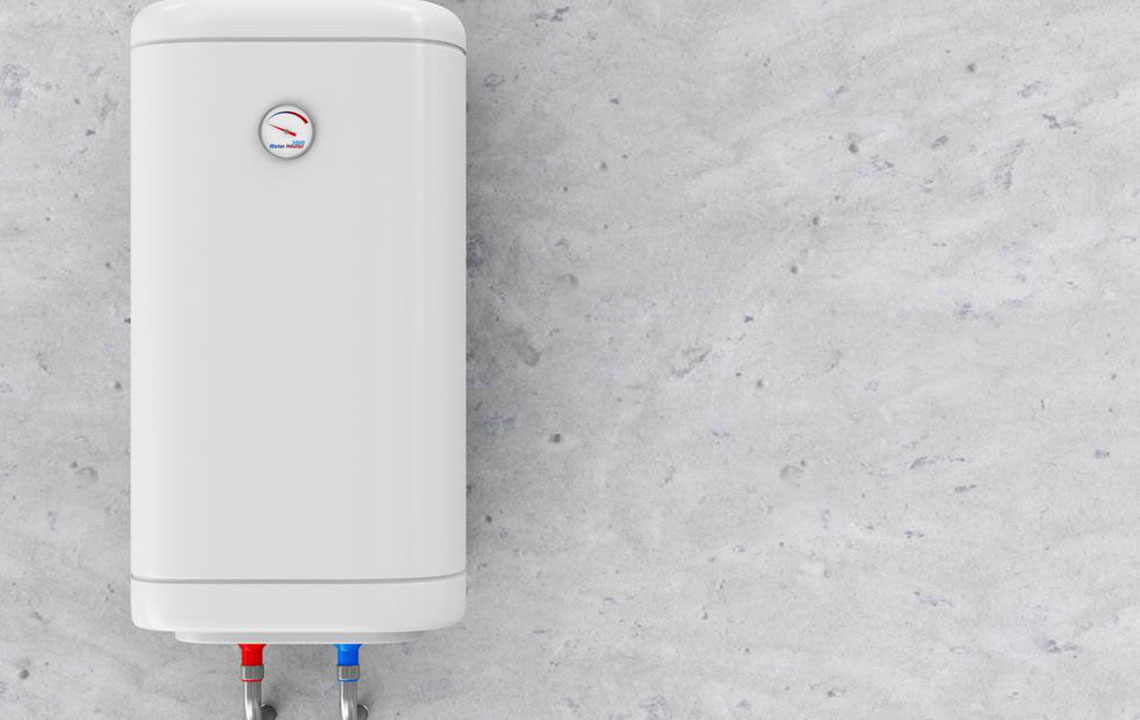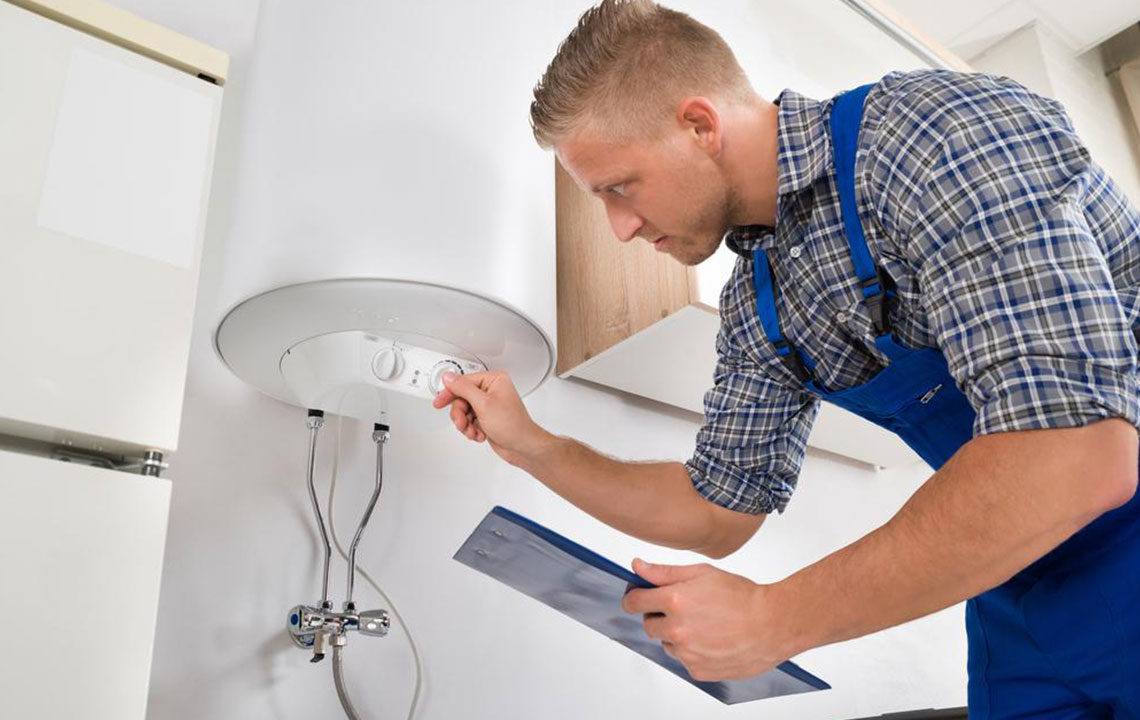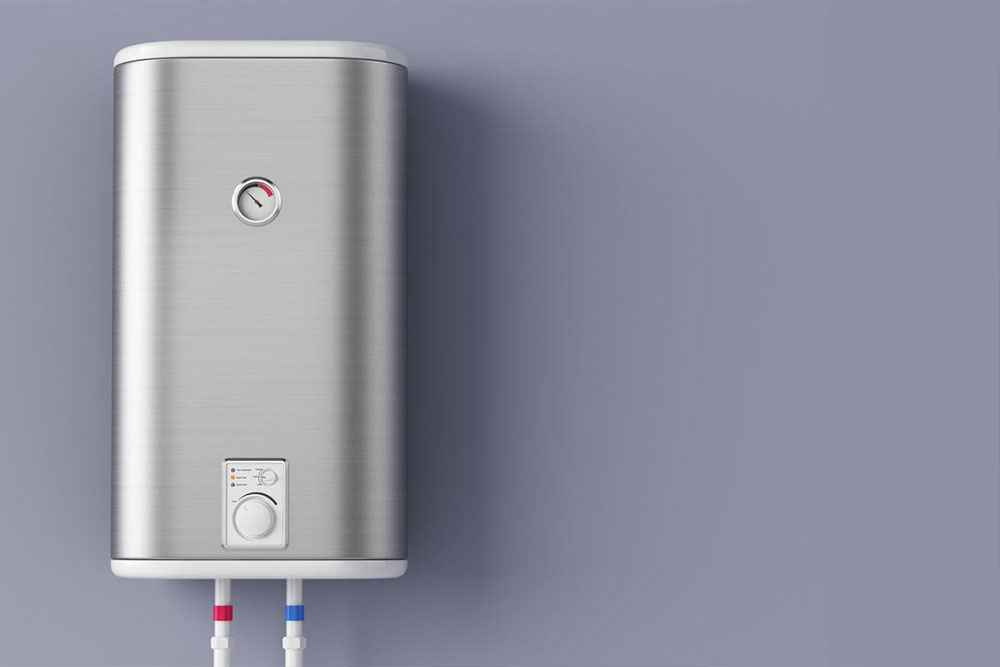Comprehensive Guide to Water Heaters: Types and Functionality
Explore the different types of water heaters including traditional, tankless, hybrid, solar, and condensing models. Learn how each works and which may suit your residential or commercial needs best. Make an informed decision with this comprehensive guide that highlights features, efficiencies, and ideal applications for every type of water heater.

Comprehensive Guide to Water Heaters: Types and Functionality
Selecting the appropriate water heater can be complex due to numerous options tailored to different requirements. Various models such as traditional tank, tankless, hybrid, solar, and condensing systems offer distinct features and efficiencies. This guide outlines the main types and their mechanisms to assist you in choosing the best solution for your residence or commercial space.
Types of water heaters
Standard storage tank heaters come with an insulated tank that stores heated water and includes safety devices to control pressure and temperature. They are powered by either natural gas or electricity, with gas models typically being more cost-effective, while electric versions generally have lower initial costs.
Tankless, also known as on-demand heaters, are small units installed on walls that produce hot water instantly without storing it. They are highly efficient, with efficiencies up to 80%, and save space despite higher upfront costs.
Hybrid or heat pump water heaters extract ambient heat to warm water, maintaining temperatures from 40 to 90 degrees. They are energy-efficient, consuming about 60% less electricity than traditional electric heaters, though less suitable for colder climates.
Solar water heaters capture sunlight to heat water, usually mounted on rooftops in sunny regions. Equipped with backup systems using electricity or gas for overcast days, they tend to be pricier and are better suited for commercial applications.
Condensing water heaters use exhaust gases to preheat incoming water, similar in appearance to standard units but with larger capacities over 55 gallons. They are particularly effective for large hot water demands and optimize heat recovery through flue gases, making them energy-efficient.
Choosing the right water heater depends on your specific needs regarding efficiency, capacity, and budget. Investing in a reliable unit ensures a steady hot water supply for years to come.


